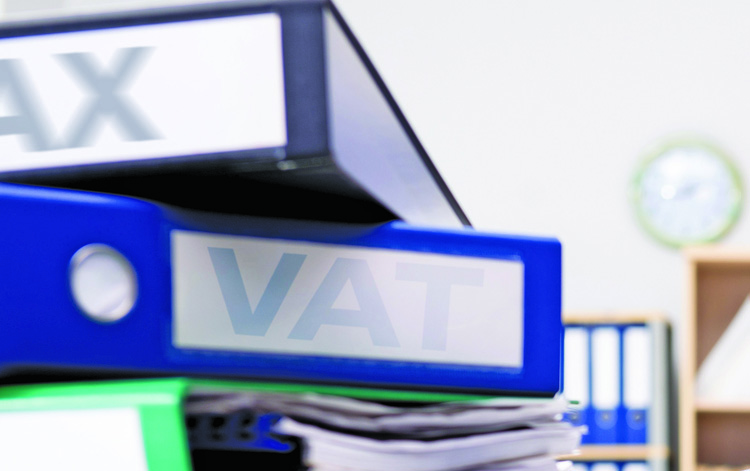
Muscat: Shoppers, retailers and businesses all braced for the arrival of Value Added Tax could get some valuable breathing space, experts say.
GCC countries struggling to introduce Value Added Tax (VAT) by January next year will get an extra 12 months to act, according to a leading tax expert.
This is part of an understanding among the six member Gulf Cooperation Council (GCC) bloc that signed a common framework agreement for the new tax recently.
“I would be surprised if 50 per cent of the GCC states are ready to implement value added tax on January 1, 2018,” Ashok Hariharan, partner and head of tax at KPMG Lower Gulf, told Times of Oman. KPMG Oman is advising the Sultanate’s government on preparing a draft law on Value Added Tax.
“As far as Oman is concerned, it is going to be a challenge to introduce VAT from January 1, 2018, given the relatively long legislative process prevailing in the Sultanate,” he added.
Hariharan said that the process in the Sultanate would take at least 12 months. New tax laws and amendments are discussed with several stakeholders, including the Majlis Al Shura, Majlis Al Dawla (State Council) and Oman Chamber of Commerce and Industry (OCCI).
It took 18 months to finalise the recently announced amendment in Income Tax Law.
The Ministry of Finance has to upgrade its information technology (IT) system in the tax department to deal with levying value added tax on companies.
Hariharan said that the intention of GCC states is to introduce value added tax on January 1, 2018.
However, the countries are aware that all states may not be ready to implement it on time and therefore, the GCC is giving time - up to another 12 months - to implement it.
According to a tax alert released by Ernst & Young after a value added tax briefing by the UAE Ministry of Finance, the UAE is on track to implement VAT from January 1, 2018, and it expects to release domestic VAT Law before the end of the first half of 2017, with detailed Executive Regulations to follow shortly after.
For levying tax under a VAT regime, products and services are divided into three broad categories — products with standard rates, zero rates and exempted supplies.
At GCC level, a list of basic food items have been agreed to be subject to the zero rate of VAT. The UAE does not have to apply this zero rate and it advised that it intends to subject these food items to the standard rate of VAT.
The UAE will apply a zero VAT rate to both healthcare and education services.
Ahmed Al Hooti, a member of the Oman chamber of commerce, said: “There still isn’t a system available for the government to impose the tax or collect money. Who will pay the VAT? Is it the consumer? or is it between the trader and consumer? What are the items that are subjected to the VAT? These are questions that still need to be answered.”
Alkesh Joshi, Director of Tax at EY, added: “According to the GCC framework, after VAT is implemented in two countries, the other four countries have to implement it within 12 months. Currently, UAE Saudi and Bahrain have made the announcement that they plan to go live with VAT by January 2018. If they follow that, the other four will have time until January 2019.”
Mubheen Khan, Chairman of Institute of Chartered Accountants of India-Muscat Chapter, said that he believes that Oman would be able to complete the legislative process this year.
“Oman would be able to complete the legislative process within this year looking at the urgency of meeting VAT implementation deadline and much needed non-oil and gas revenue in the range of OMR350-400 million that VAT introduction is estimated to bring in,” he said.
“Businesses should be ready with the system and process changes that are required to meet their expected obligations under the proposed VAT regime so that they are not caught unprepared at the last moment,” he added.
Mohamed Al Araimi, founder of shoponclick.me believes that VAT will not be a big problem.
“We believe VAT will cause a minor distress for retailers, as they will face challenges when customer’s reaction over cost of goods sold. The pressure will be on how to maintain customer’s loyalty and the increase in prices and controlling the demand curve with reasonable user’s retention.
“Some educational campaigns are planned by the government to educate businesses and consumers on the effect of VAT on their expenses. Like everything new that is introduced, there will be a significant amount of confusions as to what falls under VAT.
“Some businesses confuse it for cooperate tasks while the fact is, consumers are the ones mostly affected. I believe this is a strategic and wise approach by the government to have more control and maintain cash deficits caused by the oil and financial crisis in the region.”